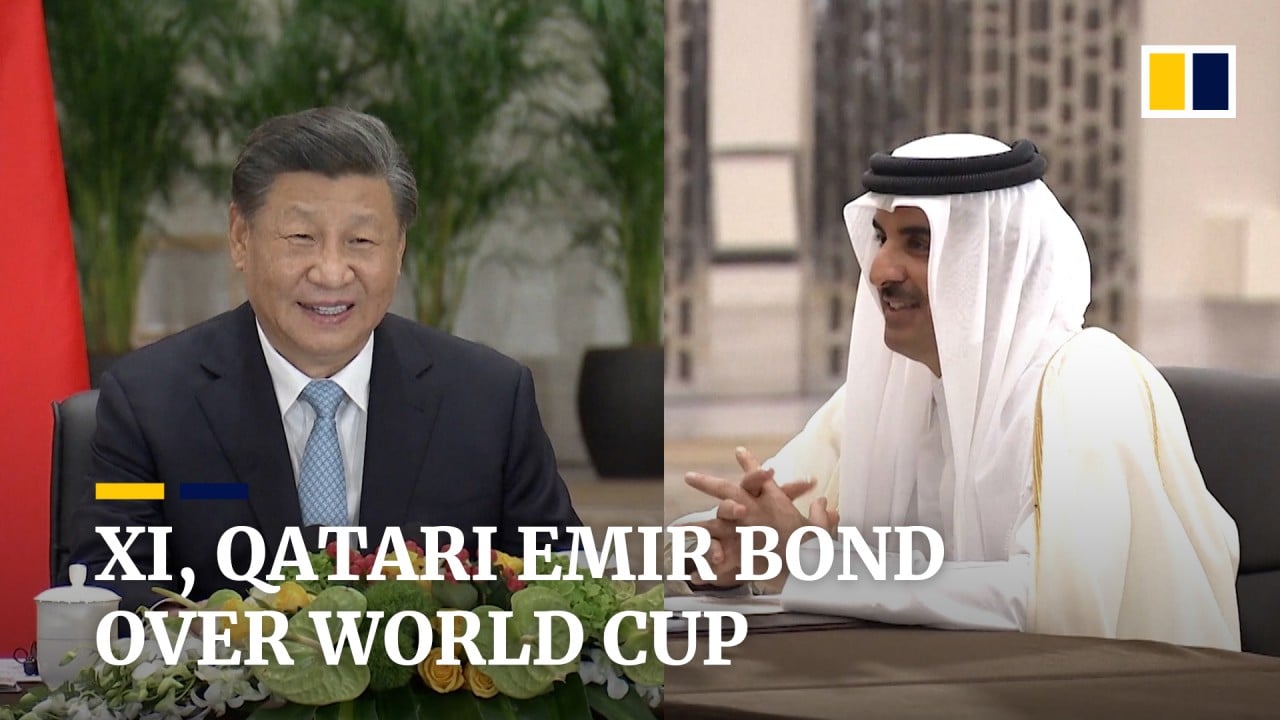
South Korea’s steadfast US policy dealt a blow by reports of spying
- Criticism is mounting about the Yoon administration’s support for the US amid spying claims and as others increasingly distance themselves from Washington’s demands
- Many have warned Seoul against an all-in approach with the US at the cost of national interests and ties with important partners such as China
Both opposition and ruling party officials in South Korea reacted with strong criticism after leaked documents suggested the US eavesdropped on conversations at the South Korean presidential office last month.
With the South Korean presidential office, the subject of interest was whether it would agree to provide lethal aid to Ukraine, something the US has long wanted it to do.
South Korea’s main opposition Democratic Party has called on the Yoon government to stand up against the US and demand “clear information” on the spying allegations.

“If the report is true, it would be an action that can never be acceptable between allies of 70 years, and an infringement of sovereignty and diplomatic foul play that breaks the bilateral trust head-on,” Democratic Party floor leader Park Hong-keun said on Monday.
The spying allegations come at a highly inopportune time for the Yoon government, which is not only preparing for the first state visit by a South Korean leader to the US in 12 years, but has also been a firm supporter of Washington’s diplomatic and security endeavours in the region since its inauguration last May.
Despite the criticism, Yoon and his government have clearly chosen a side from the very beginning, with the administration repeatedly emphasising the importance of strengthening the alliance with the US and deepening trilateral cooperation with Japan. But the furore over the recent leaks is only the most recent example of how the Yoon government’s diplomatic strategy is, at best, questionable.
While Yoon is putting all his eggs in America’s basket, other countries are taking an opposite approach, increasingly distancing themselves from US demands, to forge a more independent and balanced diplomatic policy. Recent examples include Saudi Arabia, Israel, Brazil, the United Arab Emirates and France.
Europe must consider call by Macron not to follow US on Taiwan
It seems the Yoon government is out of touch with global diplomatic trends and following a path that could greatly backfire. Just as the US and other countries put their national interests first, South Korea should do the same.
As such, the government must ask itself if it is truly in the nation’s best long-term interests to blindly trust, follow and fully align itself with an ally that is very likely spying on it, while pressuring it to make decisions based on Washington’s desires with little regard for Seoul’s interests.
Maintaining an alliance of 70 years is important, but it is more important for a government to put national interests first and not allow itself to be manipulated or used for the gains of another.
Gabriela Bernal is a North Korea analyst and PhD scholar at the University of North Korean Studies in Seoul, South Korea



